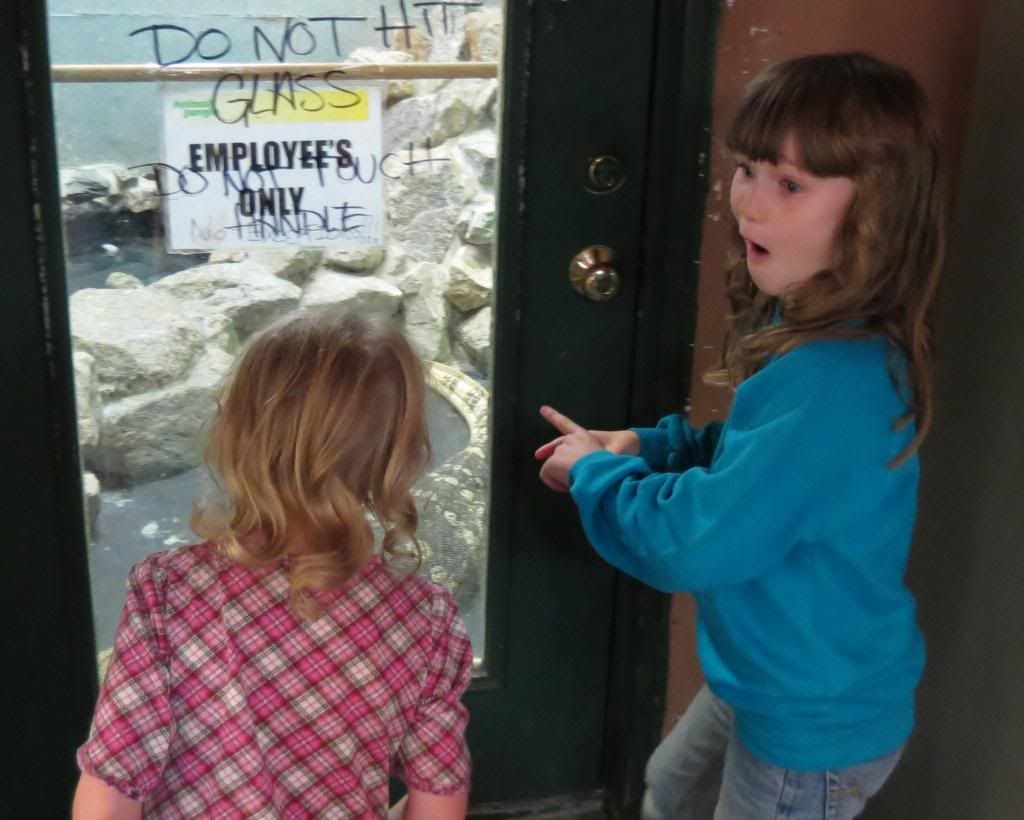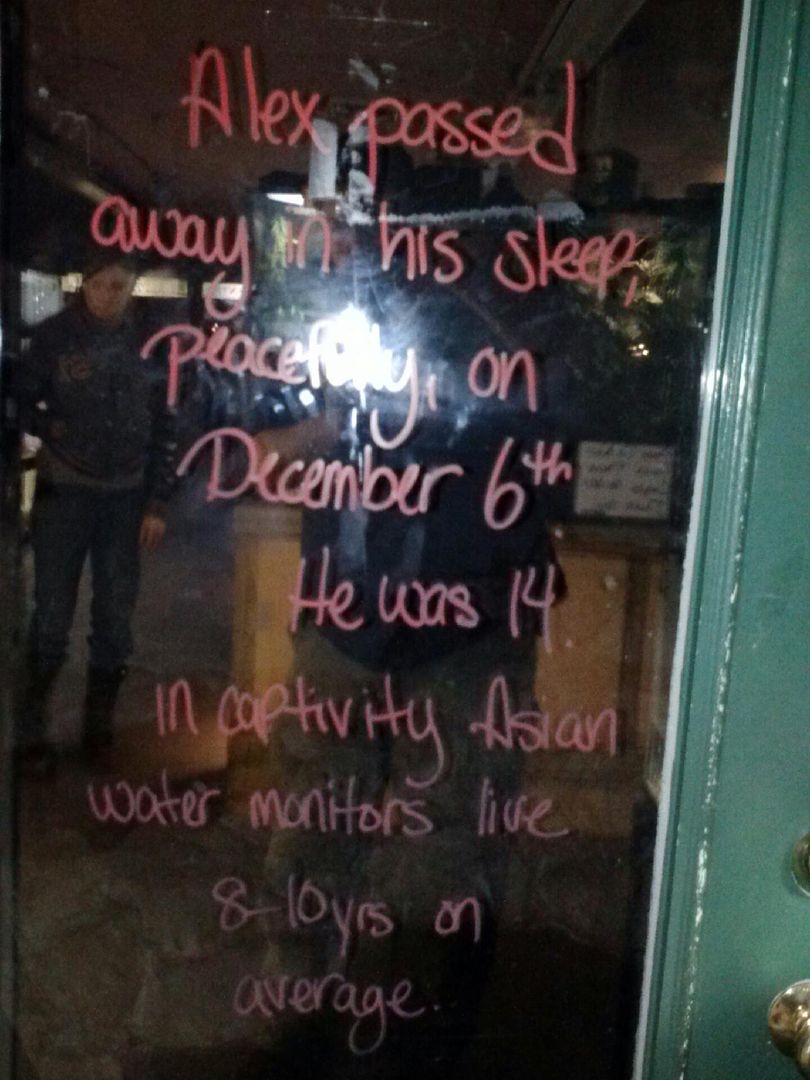Her question has been rattling around in my head for almost 24 hours. And as such, I think I need a follow-up: I wonder, did that bowl game QB think he was victorious because he had found favor in the eyes of the Lord?
What exactly is favor? What does it mean to find favor with the Lord?
My dictionary defines favor as "an attitude of approval or liking."
My Biblical concordance in the English Standard Version only listed six instances of the word (NIV had many more.) so I looked them up:
In the New Testament, the verses were referring to Jesus. Ah, I can wrap my mind around those -- of course, God liked Jesus, a lot. And allowed his death on a cross.
In the Old Testament, the first listed in Genesis 6:8: "Noah found favor in the eyes of the Lord..."
I got tickled because I know what that favor looked like: back-breaking work building a giant boat for 100 years while being ridiculed from all around him. And that was followed by life on said boat with a whole lot of stinky, smelly animals and his family who may or may not have grumbled a bit.
Perhaps, our idea of favor is a bit skewed then. Perhaps Godly favor does not look like we imagine or hope.
Once upon a time a very young me believed that by being good I would avoid life's hard stuff. I assumed that the way I lived my life meant favor with God. And favor meant happy life, easy life, life going the way I wanted really. I bet young QB sees life the same -- live well, win ballgames. Sigh.
When my Daddy was diagnosed with cancer, I was certain my goodness would equate with his healing. It did not.
And while my faith was shaken, I assumed God wanted to use that in my life for some form of ministry and went right back to believing that my faith, my commitment to things good, pure and holy would save me from further bad stuff. Surely God favored me and my desire to serve Him. And surely that favor equaled charmed life, right?
So, when I got pregnant with triplets and was in labor far too early -- I was confident that I could pray my three babies to healthy delivery. I could pray them there. I delivered at 28 1/2 weeks, ya'll.
My babies spent weeks in the Neonatal Intensive Care Unit, and I am embarrassed to tell you that I was still so hard-headed. So stubborn in my belief that FAVOR meant no bad things. Favor meant healing and miracles and....happy endings. Always happy endings.
When the boys were behind in their milestones, when specialists were starting to banter the cerebral palsy terms, we were in the process of moving from Chicago -- where our church far out in the suburbs had made regular attendance with three babies a challenge -- to a smaller town in Minnesota. I believed -- oh ya'll, I truly believed -- that God was waiting for us to get involved in church more regularly, to start teaching Sunday School again and to get our toddlers involved -- and then, then he would catch them up and his glory be revealed.
In hindsight, and certainly on my computer screen, this all seems so silly. But I was so entrenched in my idea of a reward system that I could not let go of that. I fear those of us raised in church have a problem with our faith mirroring the reward system that we so often see in young Sunday school classes. Oh you know what I am talking about: you memorize a verse and get a star; you attend a month of Sundays without absence and get a certificate; you bring a friend to Bible School every day and get a new Bible at the end of the week.
And as a result you end of believing that favor means good things happen. You believe that finding favor means being rewarded...
Oh I am not opposed to stars. I am a homeschooling mama with a little one who loves to get stickers on her papers when she does good work. My point is this: When we look at scripture, God's favor does not exactly look like what we in our first world churches dress it up to look.
Let's just think about Noah's reality on that ark with all those animals. I mean, yes, his life was spared. But it was not an easy life, my friends. Not easy at all.
When our loved ones get cancer and die, it does not mean we have lost favor with God.
When our children face hardships, pain and sickness, it does not mean we have lost favor with God.
When our businesses fail, and our beloveds disappoint us, it does not mean we have lost favor with God.
1 Peter 4: 12-13 says, "Dear friends, do not be surprised at the painful trial you are suffering, as though something strange were happening to you. But rejoice that you participate in the sufferings of Christ, so that you may be overjoyed when his glory is revealed."
James 1:2-3 says, "Consider it pure joy, my brothers, whenever you face trails of many kinds, because you know that the testing of your faith develops perseverance."
The bottom line is that I am certain we can not wrap our minds around Godly favor. His ways are not our ways. But this I know: God walks with us in our victories (Yes, young QB, God always has your back. But also the back of your opponents. Never forget that.); he holds us in our trials; and he grieves with us in our losses.
In Matthew 11:28-30, Jesus invites us to come to Him and take his yoke. A yoke is a wooden crosspiece that attaches to two animals and allows them to work together, keep that in mind:
"Come to me, all you who are weary and burdened, and I will give you rest. Take my yoke upon you and learn from me, for I am gentle and humble in heart and you will find rest for your souls. For my yoke is easy and my burden is light."
Favor does not mean we will have easy, prosperous, pain-free lives, my friends. But take heart, Jesus says when we are yoked with him, he will help us carry our load.
And there is joy in the blessing of shared struggles -- and shared victories!













 I tend to be hard on Job’s wife. I mean, who takes a vow “for better or worse,” then when the worst happens, says, “Just give up. Deny God and end your life.” It’s a brutal response to someone who has lost everything. But I tend to forget: Mrs. Job had lost everything, too.
I tend to be hard on Job’s wife. I mean, who takes a vow “for better or worse,” then when the worst happens, says, “Just give up. Deny God and end your life.” It’s a brutal response to someone who has lost everything. But I tend to forget: Mrs. Job had lost everything, too. 




















